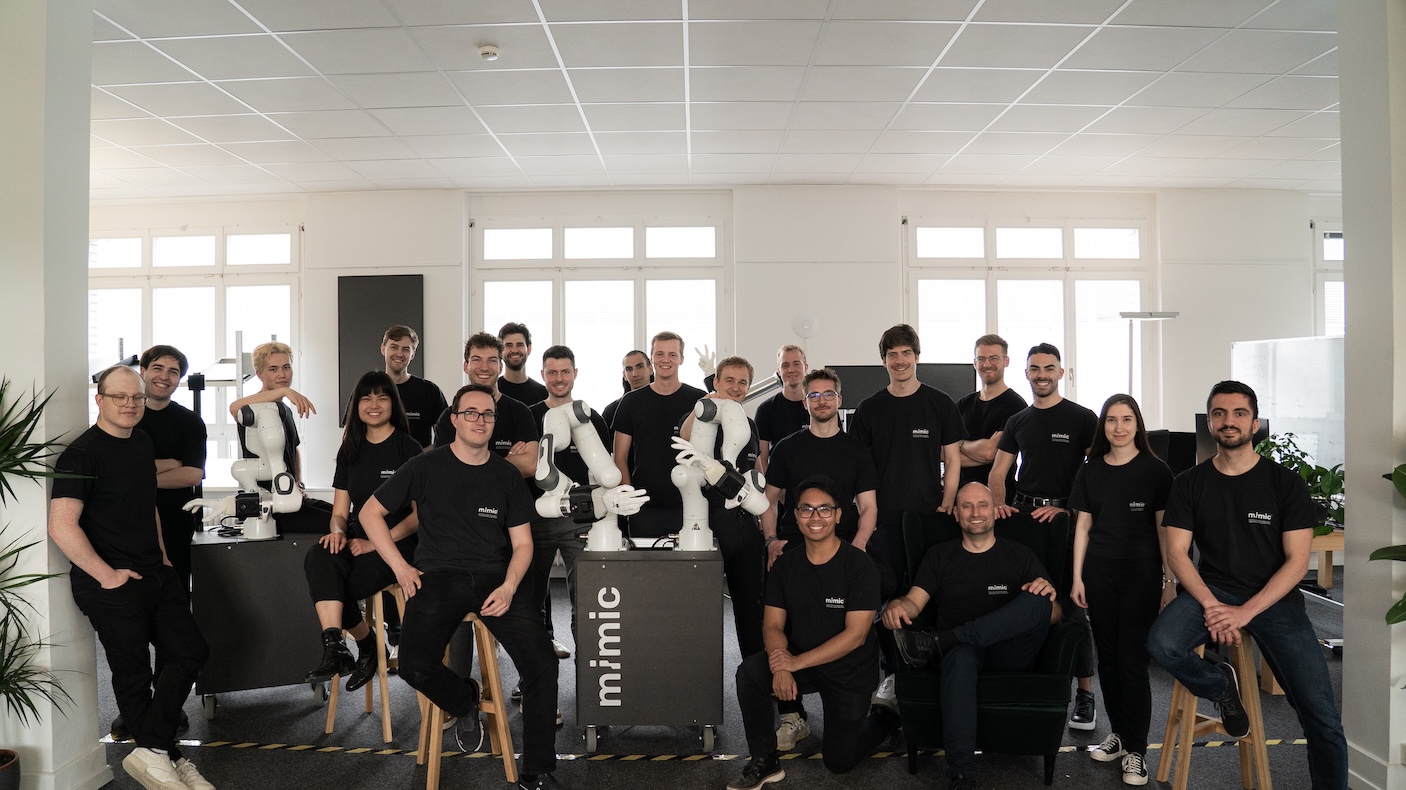Why Deep Tech Startups Need to be Looked at Differently
Rather than beating the proverbial dead horse surrounding “how VCs evaluate startups,” Speedinvest’s Deep Tech team explains why they look at Deep Tech startups differently than other companies and what they’re looking for.
Similar to recruitment processes, companies need to stand out to get to the next step in a VC’s pipeline. How can you, as a Deep Tech startup, optimize the chances of fundraising success? Let’s start by looking at some of the key traits we look for in early-stage Deep Tech startups here at Speedinvest.
Ultimately, what matters the most in a startup’s journey are the abilities to grow, learn and execute a well-articulated vision.
Rather than beating the proverbial dead horse surrounding “how VCs evaluate startups” (see here and here), we’ll focus on how we look at Deep Tech startups differently than other non-Deep Tech companies.
Let’s dive in!
Technology Should Solve a Problem… Not Look for One
Yes, there’s the standard info from Forbes on “how VCs assess market size” and blog articles on how choosing an initial target market is important. But what Deep Tech founders should keep in mind is that their technology needs to solve a problem that is painful enough to require their solution. In other words, “We try hard to avoid investing in [technological innovations] looking for a problem”. Having an understanding of who needs your product and why is key.
Credentials Alone Don’t Outweigh Practical Knowledge And Expertise
Balance is ideal. Berkeley and Stanford researchers have shown that teams with at least one technical and one business-oriented founder raised 30% more money compared to those that are either solely technically or business-focused. Furthermore, while credentials like PhDs and/or years of operational experience are, at times, indicators of deep technical or business expertise respectively, but are not necessarily “must-haves”. We focus more on the level of proficiency in a field rather than credentials alone.
It Is Vital To Have A Clear Vision And Ability To Communicate It
In addition to expertise, the ability to clearly articulate what your product does at a high level and what value it brings to customers is very important. If these traits exist, it is an indication that you will be able to:
- Talk at the level of customers who don’t have the time to take a “technical deep dive”
- Easily clear the initial hurdles when pursuing future rounds of investment
Ultimately, what matters the most in a startup’s journey are the abilities to grow, learn and execute a well-articulated vision.
The Solution Should Offer a Unique Advantage
At a fundamental level, we need to understand the gains that a Deep Tech startup’s product can deliver, the pain that it can relieve, the problems that it can solve, and the defensibility it provides.
We try to build an understanding of the foundational research or trade secrets that drive the product’s tech. These trade secrets can include novel solutions to hard technical problems, new innovations, new processes, exclusive access to data, or patents. If a startup brings the key to unlocking the monetization of fundamental research at a large scale (read: faster and cheaper), this is something we become very excited about.
How We Evaluate Traction Depends On The Business Model
(Stay tuned! We will release a dedicated blog article on Deep Tech traction soon.)
It is important to note that how we measure traction varies depending on a startup’s business model.
Startups that utilize an enterprise licensing model typically have larger deals and long sales cycles. Therefore, we do not judge traction simply based on cold, hard cash flow, rather, upon other signals like letters of intent (LOIs) or pilots that are likely to convert, and which demonstrate a market need and the ability for increased future monetization. In addition, a good understanding of what drives conversion rates is a plus.
On the other hand, we generally de-emphasize pilots and revenue for startups with an open-source software model. The primary metrics we evaluate in these cases are community traction, number of users from corporates, number of active developers, or even proxies like GitHub stars. A handful of LOIs at this stage is an additional bonus. Yet all the while, we still want to develop an understanding of how a business could grow into a commercially sustainable and successful company.
How We Look At Deep Tech Deals
The methods for evaluating Deep Tech startups are unique when compared to evaluating non-Deep Tech startups. It is important for us to keep the following questions in mind:
- Does the startup address identifiable pain points that are in clear need of a solution?
- Does the team possess expertise and balance rather than purely credentials?
- What technological novelty and defensibility does a startup possess?
- How does a startup’s business model affect how we measure traction?
Thanks for reading! Please keep in mind that many early-stage startups possess only some of the traits we look for rather than all of them. Is there something you think I missed? Are you building a Deep Tech company and you have more questions? Let us know! I’d love to hear about it at timothy.krause@speedinvest.com.
Learn more about the Speedinvest Deep Tech team and sign up for our newsletters to get our exclusive content delivered straight to your inbox.












.svg)
